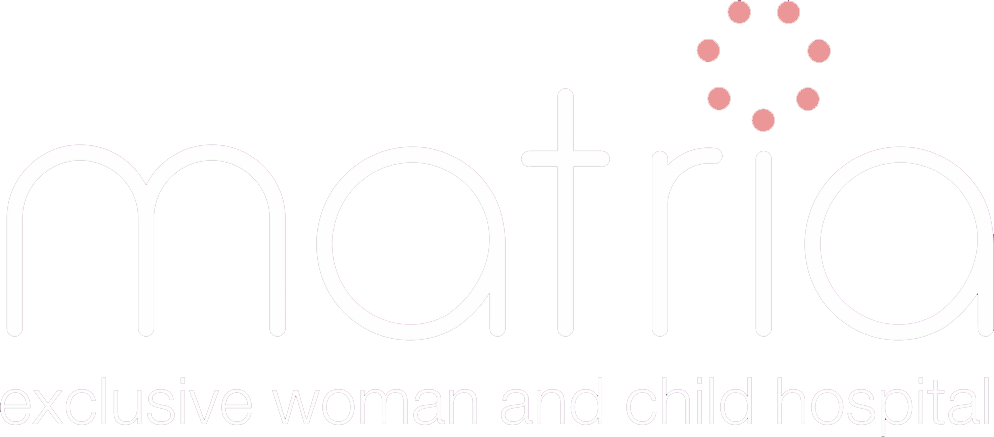Blog
Pregnancy Diet

Pregnancy diet
Though the basic principles of healthy eating remains the same during pregnancy like
including plenty of fruits, vegetables, grains, protein and healthy fats in food, a few nutrients in the diet deserve special attention.
Folate and folic acid to prevent birth defects
Folate is a B vitamin that helps prevent neural tube defects, serious abnormalities of the brain and spinal cord. The synthetic form of folate found in supplements and fortified foods is known as folic acid. Folic acid supplementation will reduce the risk of premature birth. 400 to 800 micrograms a day of folate or folic acid is recommended before conception and throughout pregnancy. Fortified cereals are great sources of folic acid. Leafy green vegetables, citrus fruits, and dried beans and peas are good sources of naturally occurring folate. You may have it as per the following :
Folate or Folic Acid content in food
Cereal – 3/4 Cup – 100 to 700 mcg
Spinach – 1/2 Cup – 130 mcg
Beans – 1/2 Cup – 90 mcg
Asparagus – 4 boiled spears – 89 mcg
Orange – 1 small one – 29 mcg
Peanuts – 1 ounce (28 g) dry roasted – 27 mcg
Calcium to strengthen bones
You and your baby need calcium for strong bones and teeth. Calcium also helps your circulatory, muscular and nervous systems run normally. It is recommend to have 1000 milligram per day. Dairy products are the best sources of calcium. Nondairy sources include broccoli and kale. Many fruit juices and breakfast cereals are also fortified with calcium.
Calcium content in food
Cereal – 1 cup (20 to 60 g) calcium-fortified ready-to-eat cereal – 100 to 1,000 mg
Juice – 1 cup (237 mL) calcium-fortified orange juice – 349 mg
Milk – 1 cup (237 mL) skim milk – 299 mg
Yogurt – 6 oz. (170 g) low-fat fruit yogurt with low-calorie sweetener – 258 mg
Cheese – 1 oz. (28 g) part-skim mozzarella cheese – 222 mg
Salmon – 3 oz. (85 g) canned pink salmon with bones – 181 mg
Spinach – 1/2 cup boiled spinach – 123 mg
Vitamin D for bone strength
Fatty fish, such as salmon, is a great source of vitamin D. Other options include fortified milk and orange juice. It is recommended to have 600 IU (International Unit) a day during pregnancy.
Vitmain D content in food
Fish – 3 oz. (85 g) cooked sockeye salmon – 570 IU
Milk – 1 cup (237 mL) skim milk – 115 IU
Juice – 8 oz. (237 mL) – 100 IU
Eggs – 1 large hard-boiled – 44 IU
Protein to promote growth
71 grams of protein is recommended per day during pregnancy. Lean meat, poultry, fish and eggs, beans and peas, nuts, seeds and soy products are great sources of protein.
Protein content in food
Cottage cheese – 1 cup – 28 g
Poultry – 3 oz. (86 g) boneless, skinless grilled chicken breast – 26 g
Fish 3 oz. (85 g) canned pink salmon with bones – 17 g
Lentils – 1/2 cup (99 g) boiled lentils – 9 g
Milk 1 cup (237 mL) skim milk – 8 g
Peanut butter 2 T (32 g) peanut butter – 7 g
Eggs 1 large hard-boiled egg – 6 g
Iron to prevent anemia
If you don’t have enough iron stores or get enough iron during pregnancy, you could develop iron deficiency anemia leading to fatigue. Severe iron deficiency anemia during pregnancy also increases your risk of premature birth, having a low birth weight baby and postpartum depression. Your body needs 27 milligrams of iron per day. Lean red meat, poultry, fish, cereals, beans and vegetables are good sources of iron.
Iron content in food
Cereal – 1/2 cup (40 g) quick oats fortified with iron – 20 mg
Meat – 3 oz. (85 g) roasted lean beef tenderloin – 3 mg
Spinach – 1/2 cup (90 g) boiled spinach – 3 mg
Beans – 1/2 cup (88.5 g) boiled kidney beans – 2 mg
Even if you eat a healthy diet, there may be chances of deficiency in key nutrients. Your health care provider might recommend special supplements if you follow a strict vegetarian diet or have a chronic health condition. If you are considering taking an herbal supplement during pregnancy, consult your health care provider first, as some herbal supplements might be harmful to your pregnancy.

Sorry, comments for this entry are closed at this time.